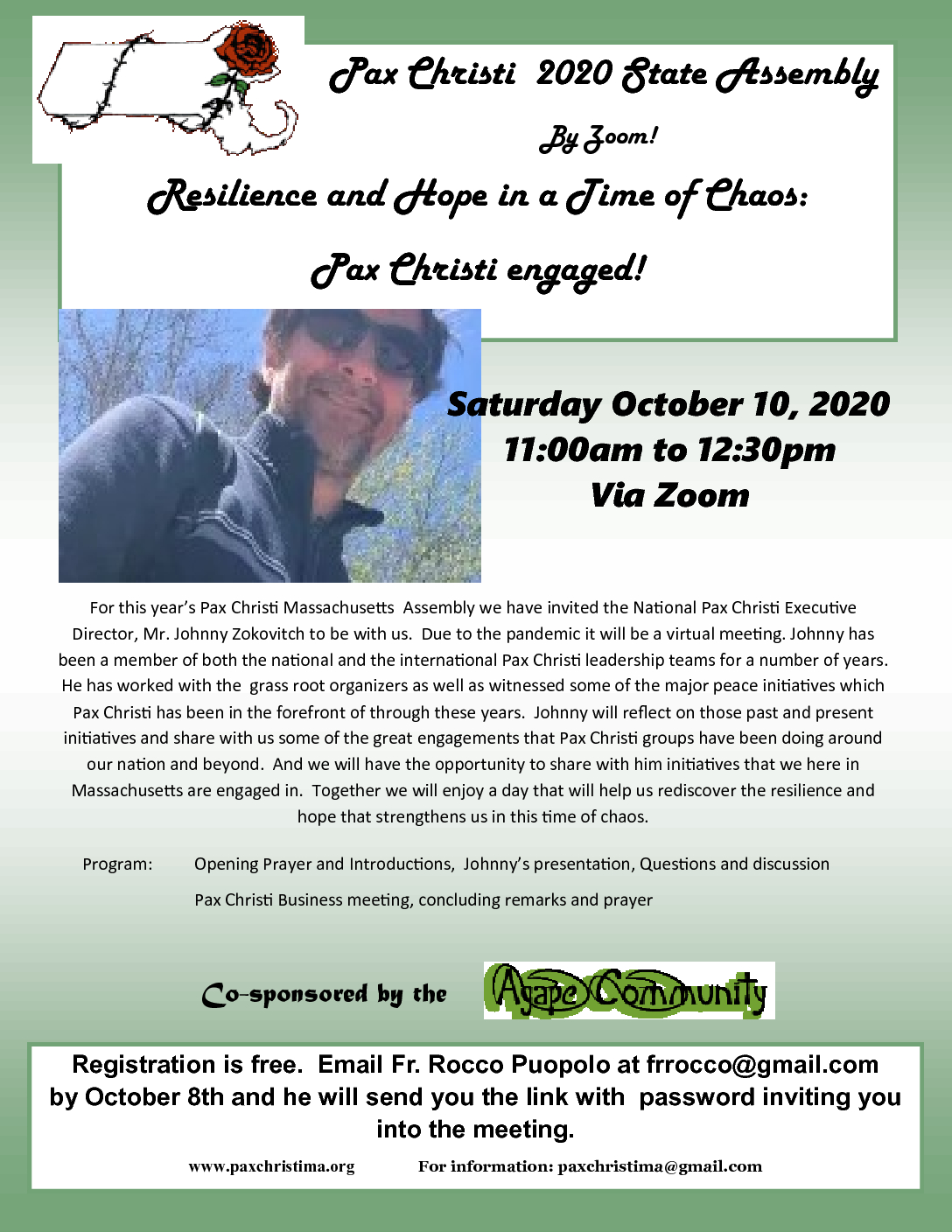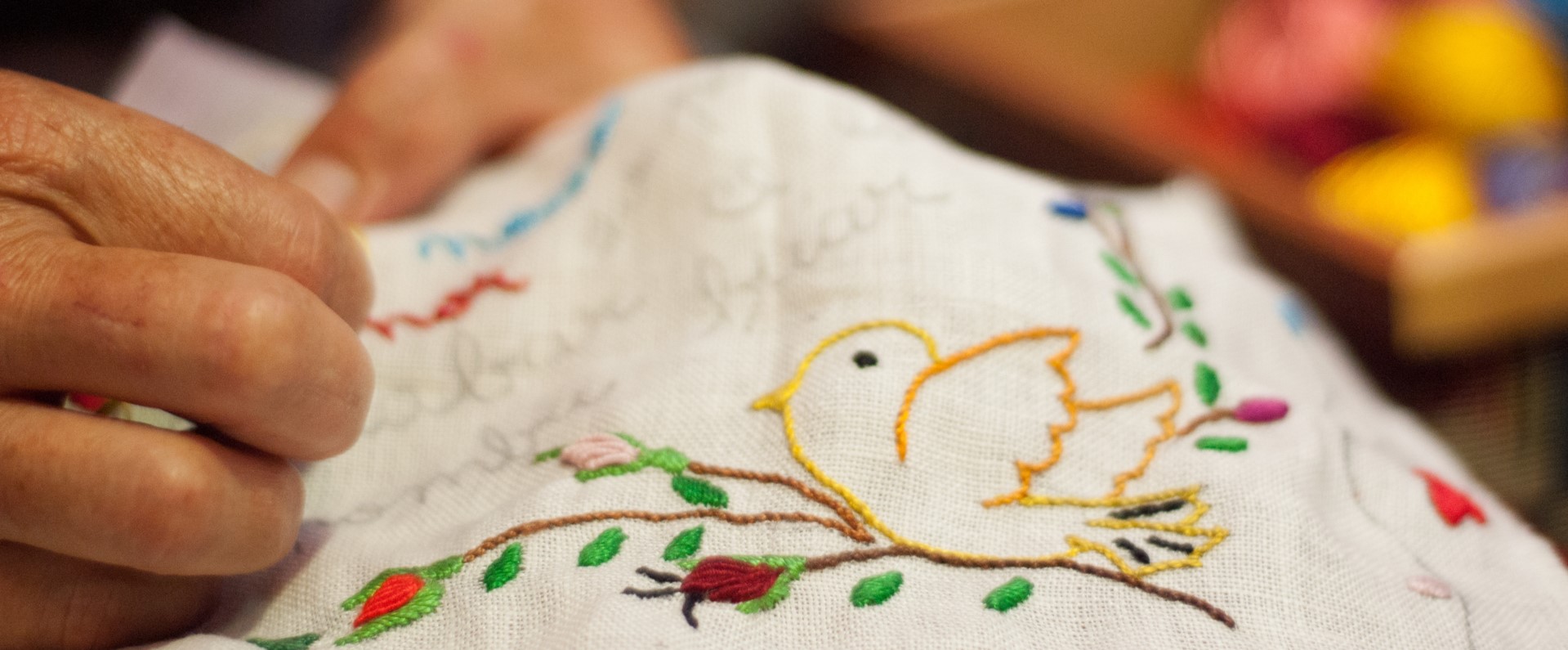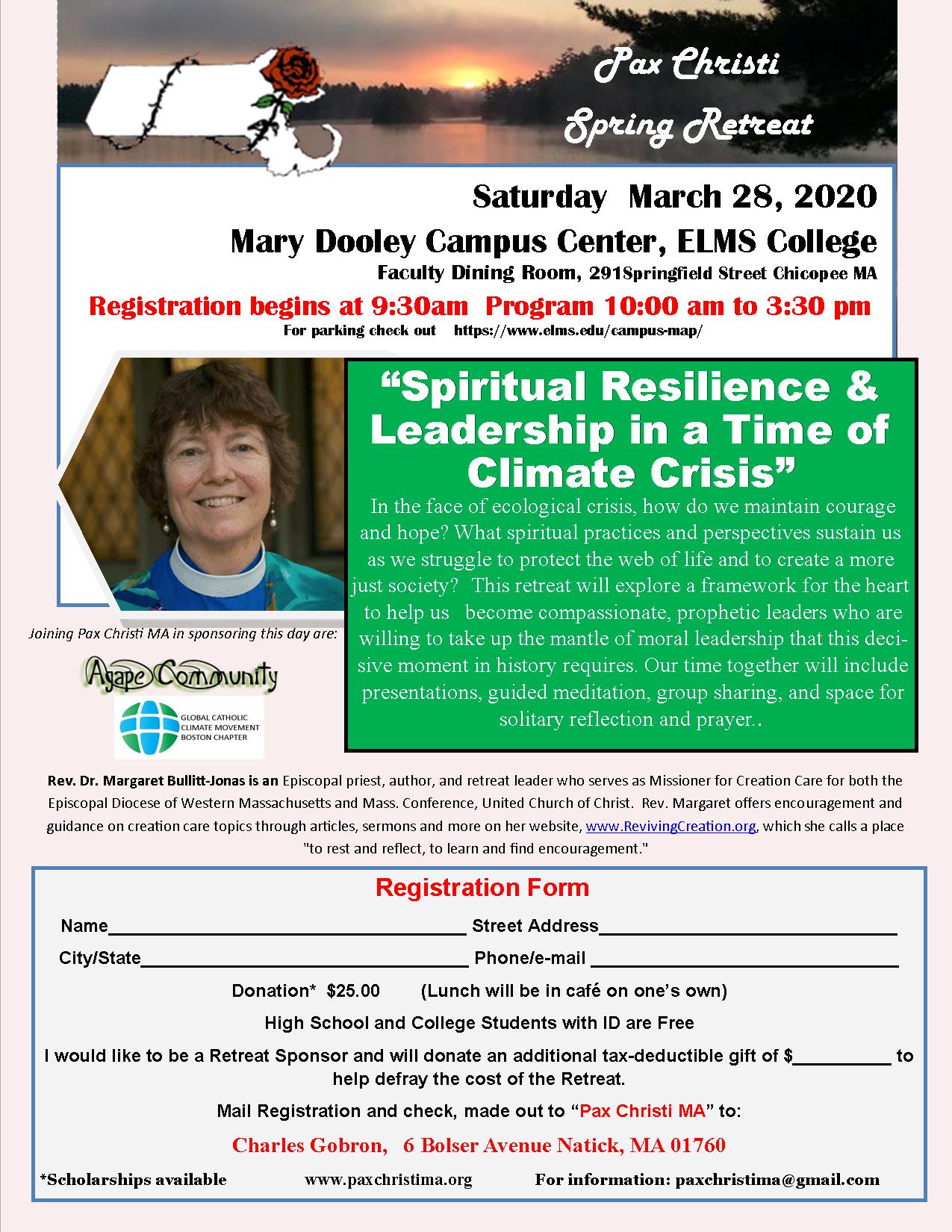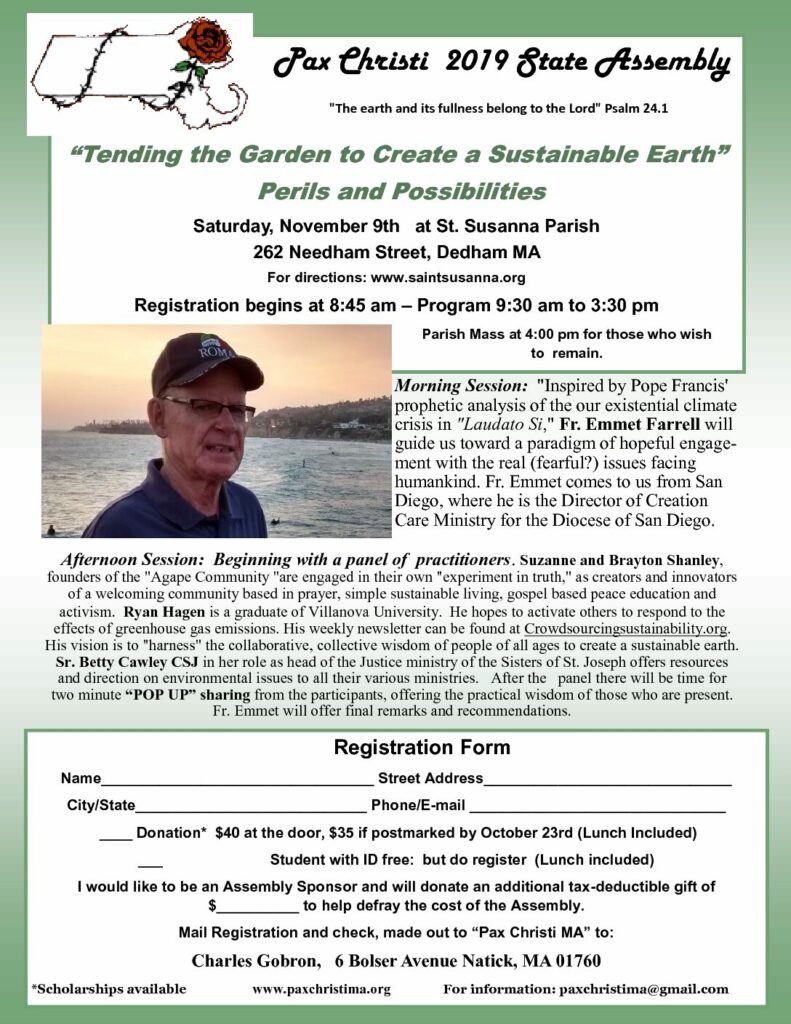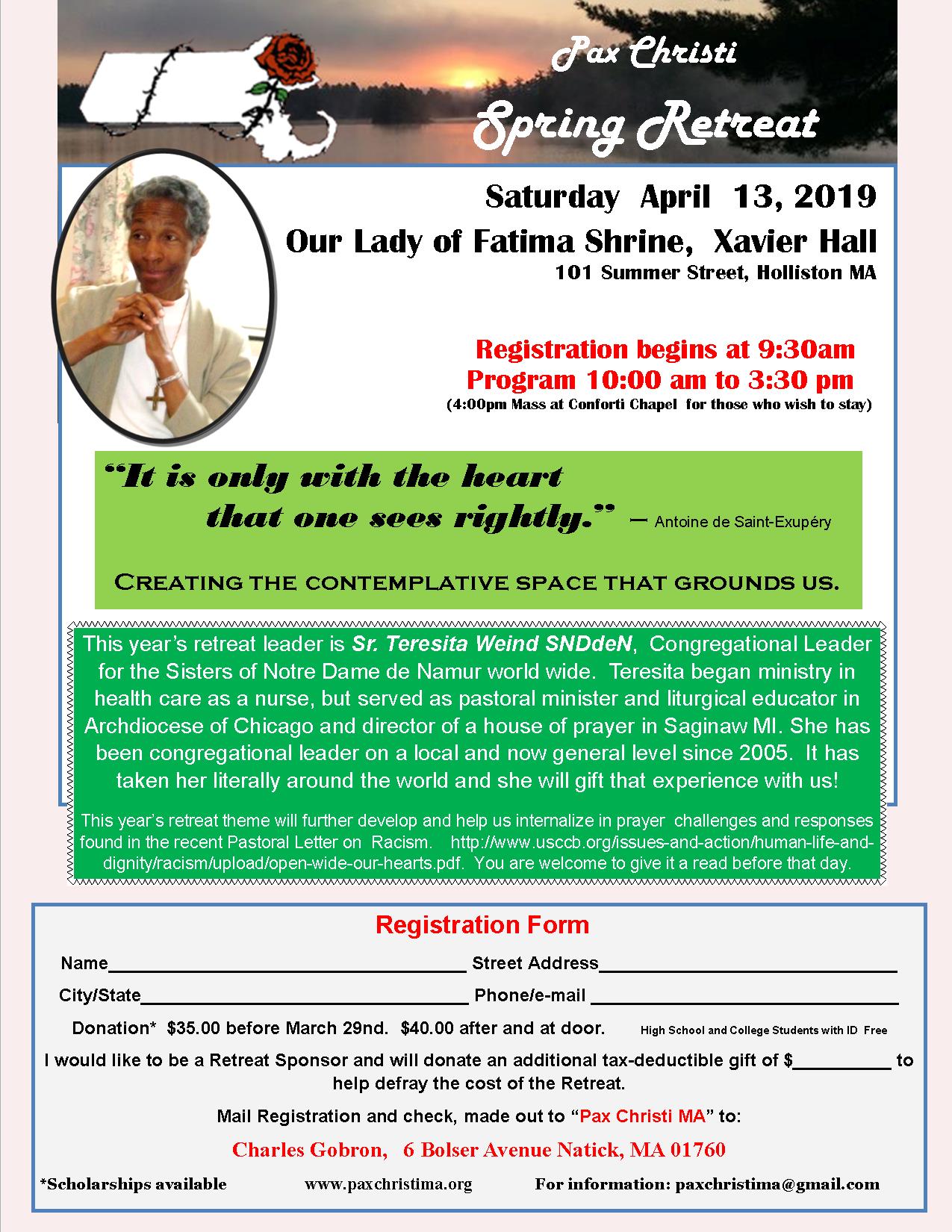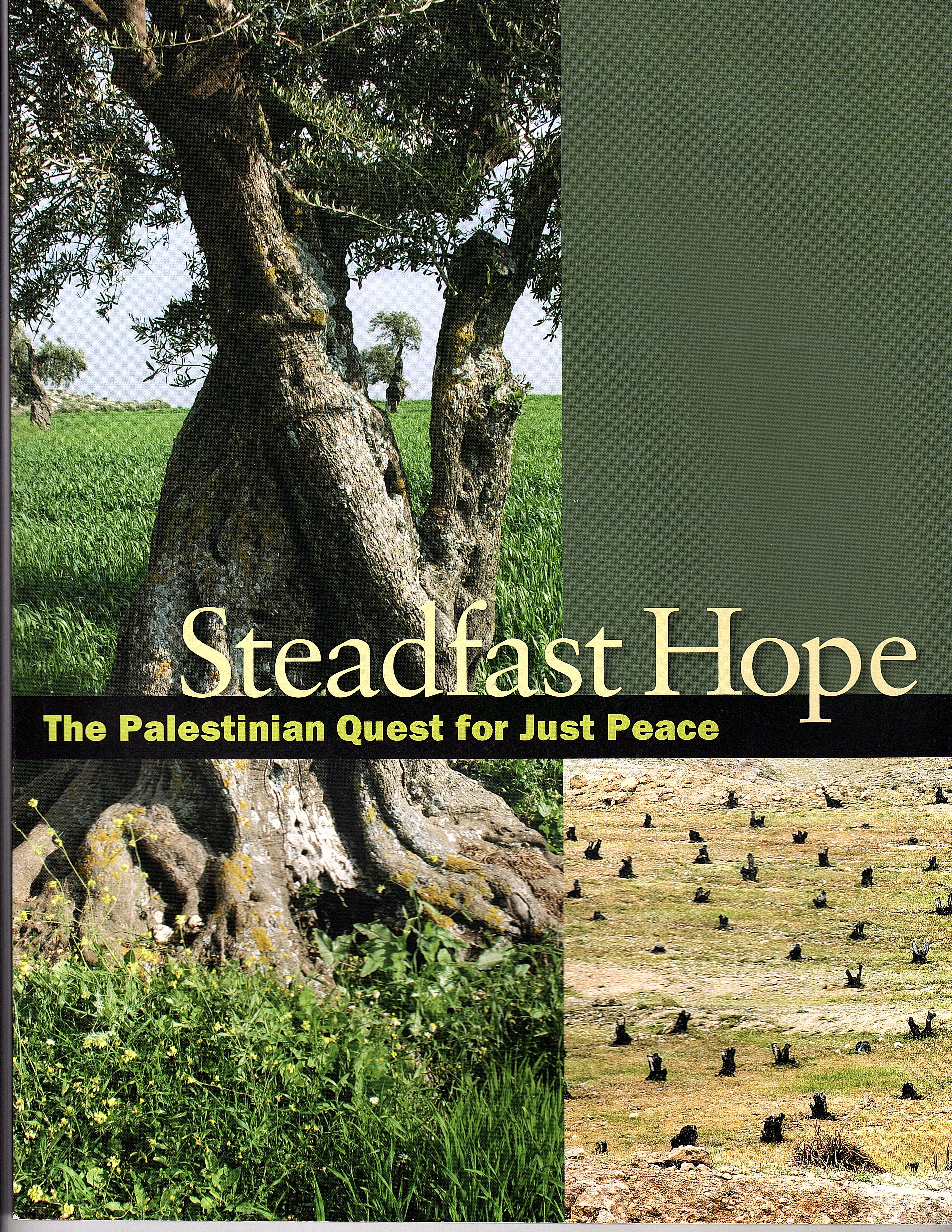“Sue Malone, longtime member of the Pax Christi MA board and lifelong peace activist joins the Communion of Saints.”
“Yes, she was indeed a passionate and outspoken advocate for peace and social justice. Whether it was standing in an Arizona desert as part of a protest against a death penalty execution or getting arrested in Westborough for protesting work being done on nuclear missiles or years of standing on the Westborough rotary to protest the futility and waste of war or contacting government officials, she walked the walk. Sue also joined church groups in visiting Haiti and Guatemala and saw the poverty of so many of the people. As arthritis overtook her body, action was seldom easy, but Sue would not give up. She was a long-time member of Pax Christi, the international Catholic peace organization, and was a veteran member of the board of Pax Christi Massachusetts. In 2019 that organization presented her with a Lifetime Achievement Award for over forty years of dedication to the ideals of Pax Christi. In a broader context, Sue’s heart always went out to anyone in need and she would look for ways to give assistance. Kindness was a way of life for her. One could not begin to count the number of people she helped directly or made contributions to organizations in a position to help. If there was a theme to her life, it was one of service to others”
Sue’s full obituary can be found here:
https://www.westboroughfuneralhome.com/obituary/Dorothy-Malone

